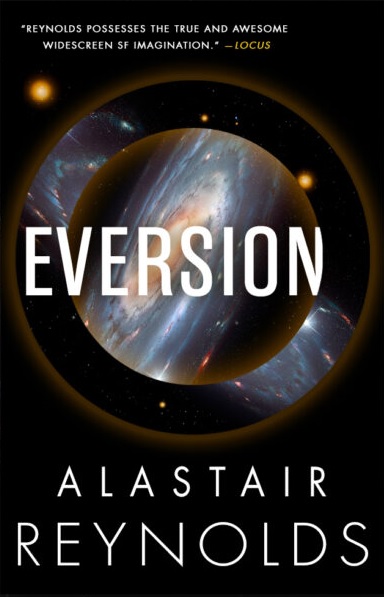Holly is another entry by Stephen King into the universe in which the Bill Hodges trilogy (Mr. Mercedes, Finders Keepers, End of Watch) was set, although this time Holly Gibney is the primary character. Gibney is also featured in The Outsider and one of the four novellas that make up the 2020 collection If It Bleeds. Even though I am not a fan of the horror genre or supernatural stories in general, I now consider myself a fan of King’s. In the last few years I have read and reviewed Fairy Tale (2023), Billy Summers (2022) and The Institute (2020) I appreciate what an amazing storyteller he is. Even so, I generally restrict myself to his non-supernatural fare, which I enjoy tremendously, and Holly is no exception.
The Bill Hodges trilogy were some of the first books by King that I read, primarily because they are in the mystery/detective/thriller genre. They feature Bill Hodges as a former cop who opens his own private detective agency (called Finders Keepers) and features Holly as his shy but capable assistant who becomes his partner as well as Jerome Robinson, a computer savvy Black teenager who does odd jobs for Bill. Although Bill was the main character of the series, my favorites were always Jerome and Holly and I hoped that King would return to them in future work, which he has done with the publication of Holly.
Holly is the main character in Holly, which is set in July 2021 smack dab in the middle of the COVID-19 pandemic and the Trump era. Holly is mourning the death of her mom (due to COVID after refusing to get vaccinated) when she gets a call at the detective agency from a mother panicked about the disappearance of her adult daughter, Bonnie Dahl, who worked at the library of the local small college in town. Holly, who King himself has described as “obsessive compulsive with a huge inferiority complex,” is very careful about getting COVID and a fair amount of her internal monologue is about masking and her interactions with folks around her and their thoughts about COVID and Trump. This makes Holly a “political book” in the sense that King (through Holly as his avatar) makes his thoughts about his views on these topics very clear. (Since I share these views I didn't find this aspect distracting or problematic.)
Some reviewers of Holly question King’s choice to begin a detective mystery novel by revealing that the culprits are a pair of murderous, cannibalistic, septuagenarian professors, Rodney and Ellen Harris, who select their victims from the itinerant human flotsam available to them in the wake of a small town dominated by a prestigious college. But the detective story where the reader knows who did it from the beginning and the suspense is sourced in how and when (not really whether) the protagonist will figure it out (and stop the criminal before they crime again) is a tried and true trope of the genre. (Val McDermid is a Master at this form.) Here, I think this story structure works quite well, and especially when the reader gets first-person perspective from more than one character who is caught in the devilish flytrap of the Professors Harris.
An interesting feature of Holly is that it features not one but two subplots about young writers who are both experiencing their first successful encounters with the publishing industry. King often writes about writers in his books and his enthusiasm for this aspect of the story was palpable.
A surprising feature of Holly is that it features absolutely no supernatural phenomena. The Harrises have a reason for why they are periodically enticing, trapping, and culling people and it is because they believe that eating the human flesh of people significantly younger than they are will improve their health. For a significant fraction of the book King makes it appear as if they may be right, since they do appear to be experiencing some relief, perhaps supernatural in nature, from their multiple health ailments not unfamiliar to people as old as the Harrises (mind-numbingly painful sciatica for her, and the numbing of the mind of dementia for him). But in the end King (again via his avatar Holly) points out that the bad guys’ evil, false beliefs are trumped [sic] by science: they were experiencing the placebo effect, completely dismantling any imagined rationale they could have posited to justify their murderous actions of killing and eating their neighbors. To me it is clear that King is trying to demonstrate that fact-based reality can be used to explain that people who do awful things (like deny the reality of COVID and the effectiveness of vaccines or vote for Trump or kill and eat fellow humans) are really doing it because they are awful people, despite what they tell themselves the reasons for doing these things are.
Title: Holly
Author: Stephen King.
Format: Kindle.
Length: 464 pages.
Publisher: Scribner.
Date Published: September 5, 2023.
Date Read: December 10, 2023.
OVERALL GRADE: A/A- (3.83/4.0).
PLOT: A-.
IMAGERY: A-.
IMPACT: A.
WRITING: A.




